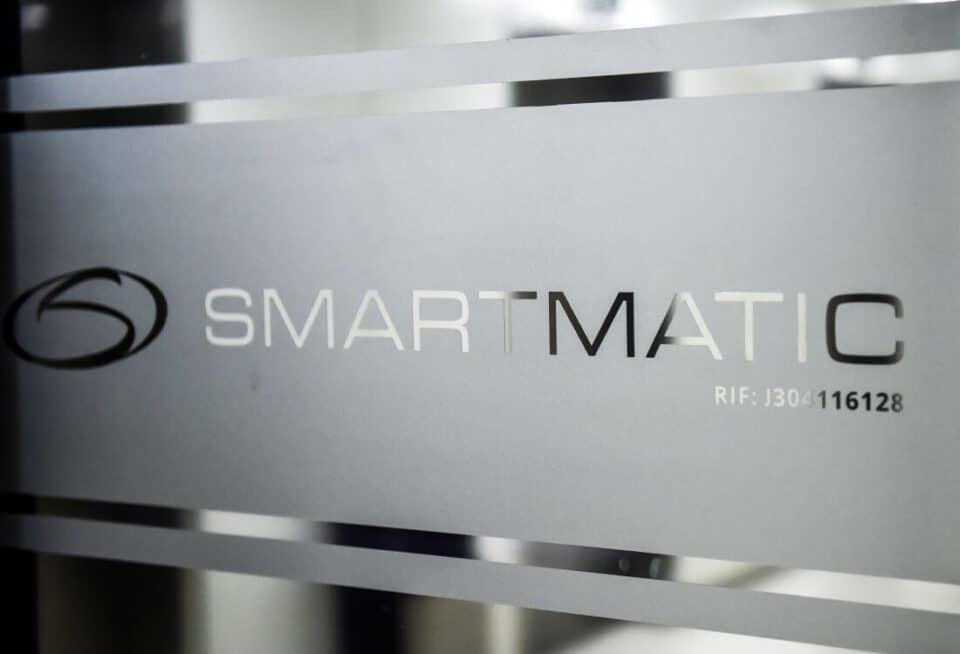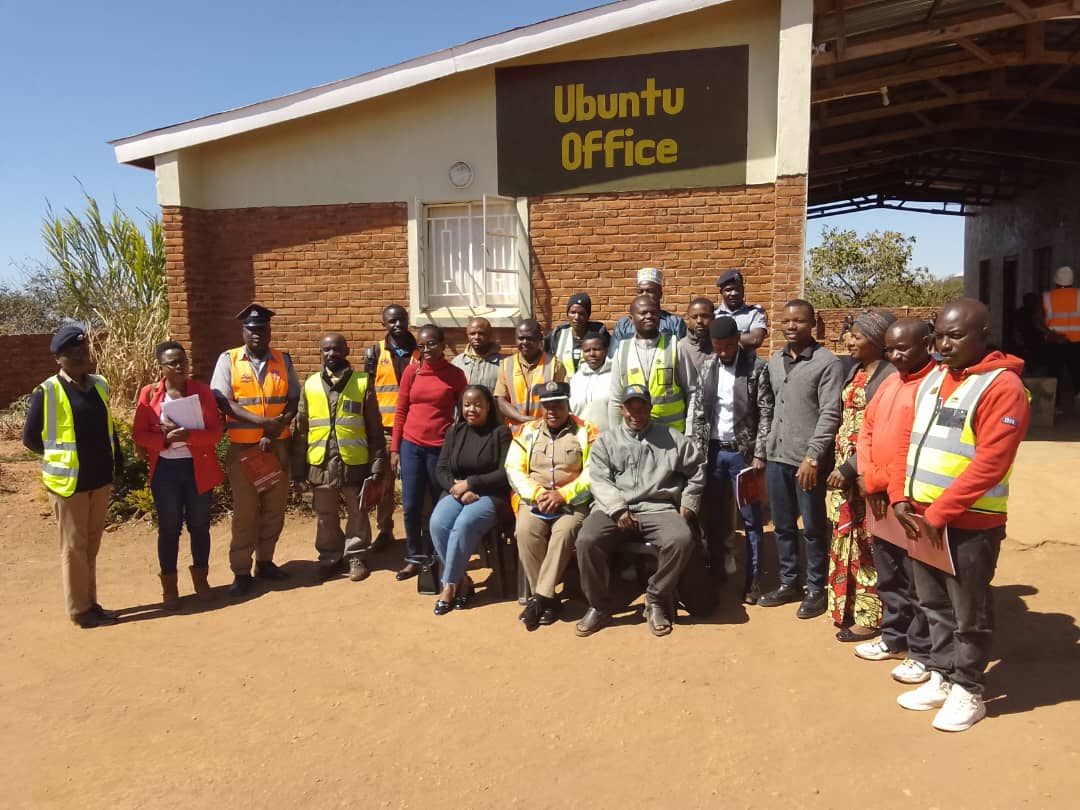By Burnett Munthali
Recent allegations against Smartmatic, a prominent election technology company, raise significant concerns about the integrity of electoral processes and the company’s controversial history. U.S. prosecutors have accused three individuals, including Smartmatic employee Roger Piñate, of conspiring to pay over $1 million in bribes to Juan Andres Bautista, the former chair of the Philippine elections commission. This alleged corruption facilitated contracts exceeding $180 million to supply approximately 90,000 voting machines and related services for the Philippines’ 2016 national elections. The implications of these accusations extend beyond legal ramifications; they touch upon the very foundations of trust in electoral systems.
- Kalindo says the cry for passports continues in MalawiBy Vincent Gunde Political activist Bon Kalindo, says despite Deputy Minister for Homeland Security Norman Paulosi Chisale visited the Immigration…
- Kamangila says Mutharika will be the greatest President in AfricaBy Vincent Gunde Lawyer and Human Rights Defender Alexious Kamangila has written a food for thought on his face book…
- BMTV, Ntanyiwa joins hands for foot soldiers concerns to MutharikaBy Vincent Gunde Bakili Muluzi TV television station and Limpopo FMs online radio’s Comrade Ntanyiwa, have joined hands reminding President…
- Limpopo FM urges Malawians to protect K7 trillion to corrupt JudgesBy Vincent Gunde Limpopo FM online radio station has urged Malawians regardless of political party affiliations to do whatever they…
- NBM plc supports ESCOM PIESA conference with K10 millionBy Suleman Chitera National Bank of Malawi (NBM) plc has donated K10 million to the Electricity Supply Corporation of Malawi…
- Jatta Rallies Africa to Unite as He Makes Historic Address to Malawi ParliamentBy Suleman Chitera Speaker of the National Assembly of The Gambia, Fabakary Tombong Jatta, has delivered a powerful and historic…
- Kamangila Explodes Over New Tax Plans, Says MRA Failures Are Bleeding Malawi DryBy Suleman Chitera Renowned lawyer Alexious Kamangila has launched a blistering attack on government’s fiscal direction, warning that introducing new…
- Pension Fund Hotel Deal Sparks Transparency Storm as Price Balloons by K100 BillionBy Suleman Chitera Serious governance and fiduciary concerns have engulfed the proposed acquisition of the Amaryllis Hotel in Blantyre by…
- Muslims urged to embrace Ramadan with generosity and prayerBy Aubrey Thom Vakhani Muslim Association of Malawi (MAM) National Chairman, Sheikh Idrissa Muhammad has urged Muslims in the country…
- FDRD Slams Trial by Public Opinion, Demands Respect for Rule of LawBy Suleman Chitera The Forum for Democracy and Rights Defenders (FDRD) has issued a blunt warning against what it describes…
- Kamphangala dismisses claims that UTM supporters are politicizing Chilima’s deathBy Vincent Gunde A Malawi Congress Party (MCP) diehard of Mvera in Dowa district Mr. Rodgers Kamphangala, has dismissed claims…
According to prosecutors, the co-conspirators engaged in overcharging practices, inflating prices by $10 to $50 per unit, with the surplus funneled into slush funds used to bribe Bautista. To disguise these illicit transactions, they allegedly created fictitious contracts and utilized shell companies, laundering money through various international bank accounts. Bautista is said to have transferred a portion of the bribery funds to a family member, who then purchased a luxury condominium in San Francisco. This series of events paints a troubling picture of systemic corruption that compromises electoral integrity.

Smartmatic, while suspending Piñate and another defendant, has emphasized that the company itself has not been accused of wrongdoing. However, the connection between Smartmatic’s actions and the alleged bribery creates a cloud of suspicion that may affect its reputation and future business prospects, particularly as it seeks to expand its operations in the U.S.
Smartmatic’s tumultuous history, rooted in its Venezuelan origins, complicates its current situation. Founded in 1999, the company pivoted to election technology amidst a politically charged environment in Venezuela, where it won a lucrative contract to develop voting machines for a recall referendum against President Hugo Chávez. This early involvement in a contentious political landscape laid the groundwork for ongoing scrutiny and skepticism regarding the company’s motives and integrity.
Smartmatic’s attempts to penetrate the U.S. elections market faced significant challenges, notably after its bid to acquire Sequoia Voting Systems raised concerns about possible connections to the Venezuelan government. The company’s complex corporate structure, involving various international holdings, further fueled speculation about its transparency and motivations. Ultimately, Smartmatic sold its stake in Sequoia, a decision attributed to the “difficult climate” regarding foreign investment in U.S. election technology.
The latest bribery allegations come at a time when Smartmatic is already grappling with its reputation following accusations of election rigging during the 2020 U.S. presidential election. These claims, largely propagated by supporters of former President Donald Trump, have led Smartmatic to file extensive defamation lawsuits against several media organizations. The company’s controversial past, including allegations of script alterations in the Philippine elections, adds layers to its current challenges.
Critics argue that Smartmatic’s Venezuelan roots and previous controversies undermine its credibility. As noted by Newsmax, alleged corruption erodes public confidence in elections and democracy at large, a sentiment echoed across the political spectrum. The company’s attempts to assert its innocence in the face of these allegations may not suffice to quell concerns among voters and stakeholders.
If convicted, the defendants in the bribery case face severe penalties, including potential prison sentences of up to 25 years. The repercussions of this case extend beyond the individuals involved, as the broader implications for Smartmatic and the electoral integrity in jurisdictions where its technology is employed are profound.
The bribery scandal could hinder Smartmatic’s efforts to expand its presence in the U.S. elections market, particularly as public trust becomes increasingly critical. While the company may argue that its current operations in Los Angeles County are separate from the alleged misconduct, the lingering perception of impropriety could inhibit future contracts and partnerships.
The Smartmatic bribery allegations serve as a stark reminder of the vulnerabilities within electoral systems, particularly in a globalized context where companies navigate complex political landscapes. As Smartmatic seeks to fortify its position in the U.S. market, addressing the fallout from these allegations will be crucial. The company must not only defend its integrity but also work to rebuild trust among stakeholders and the public, as the integrity of elections hinges on transparency, accountability, and the absence of corruption.




